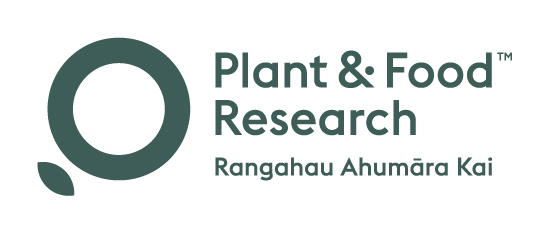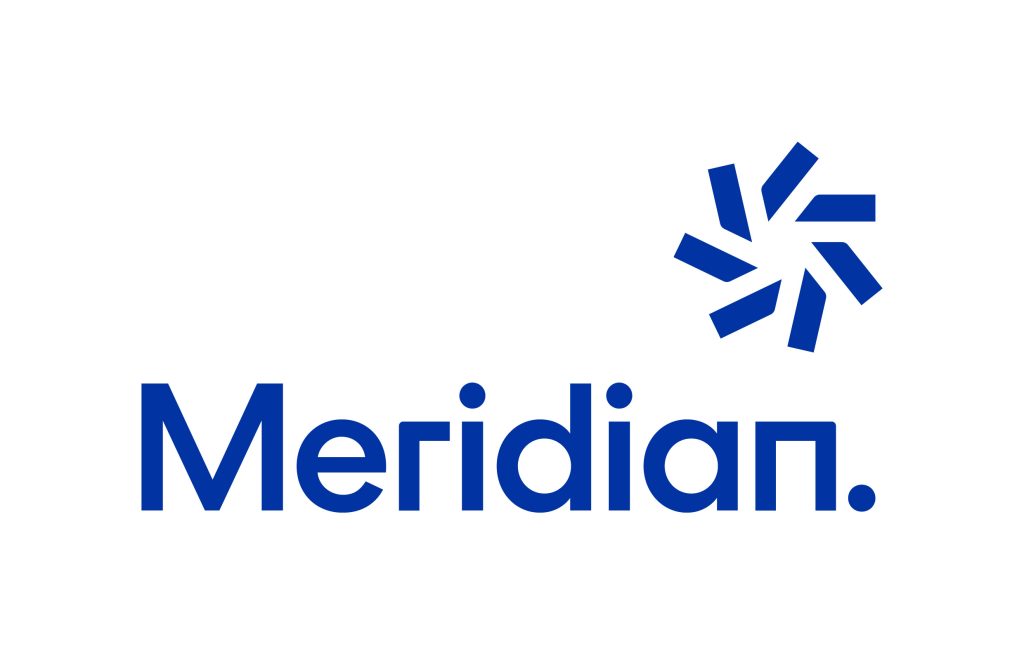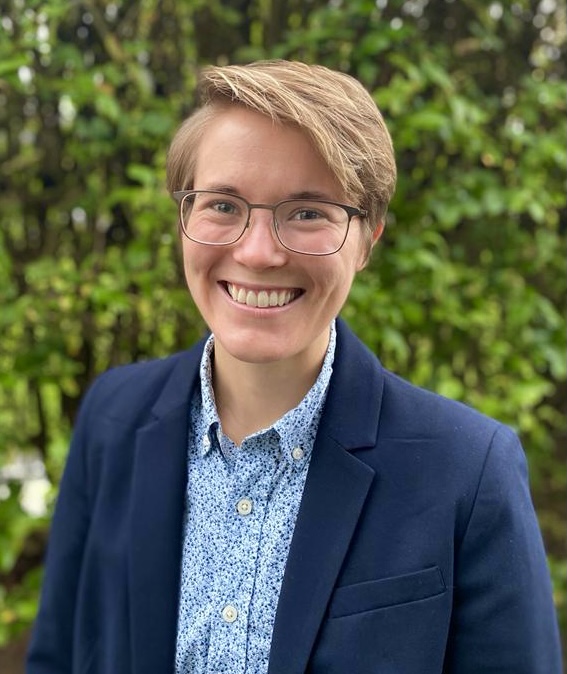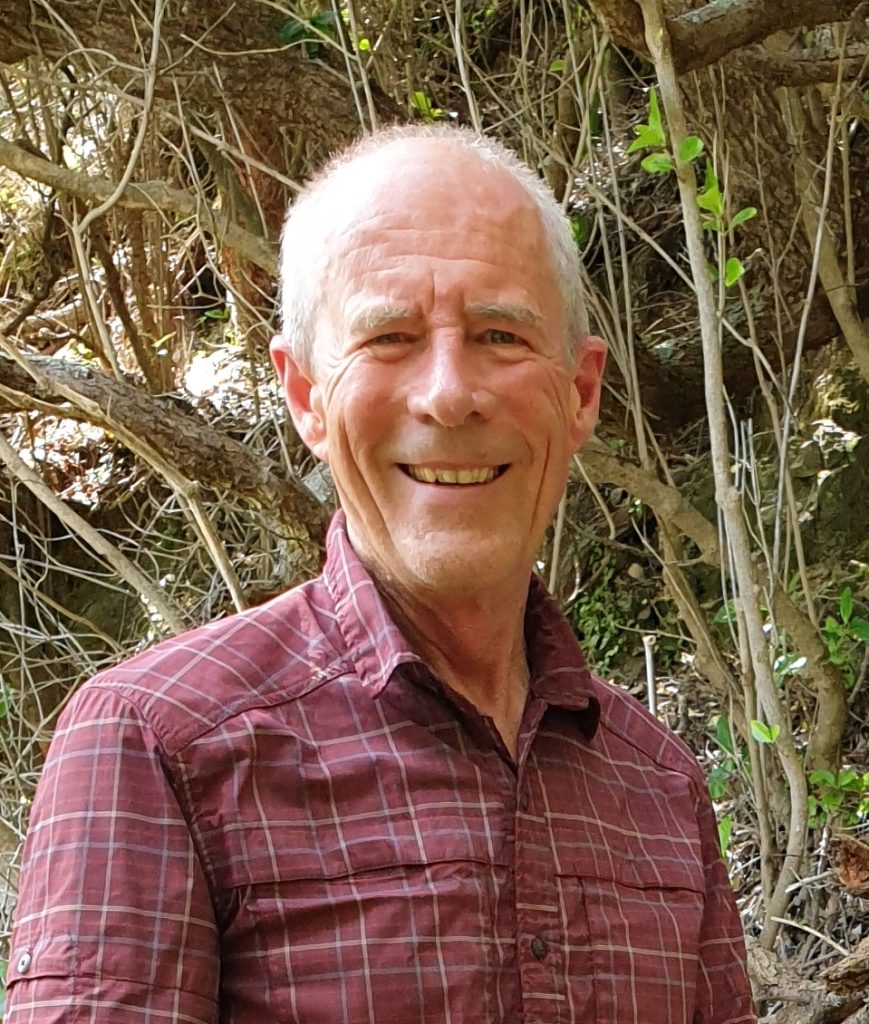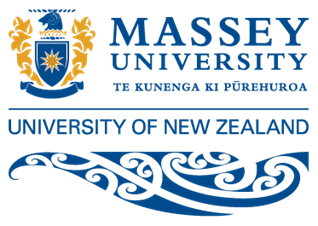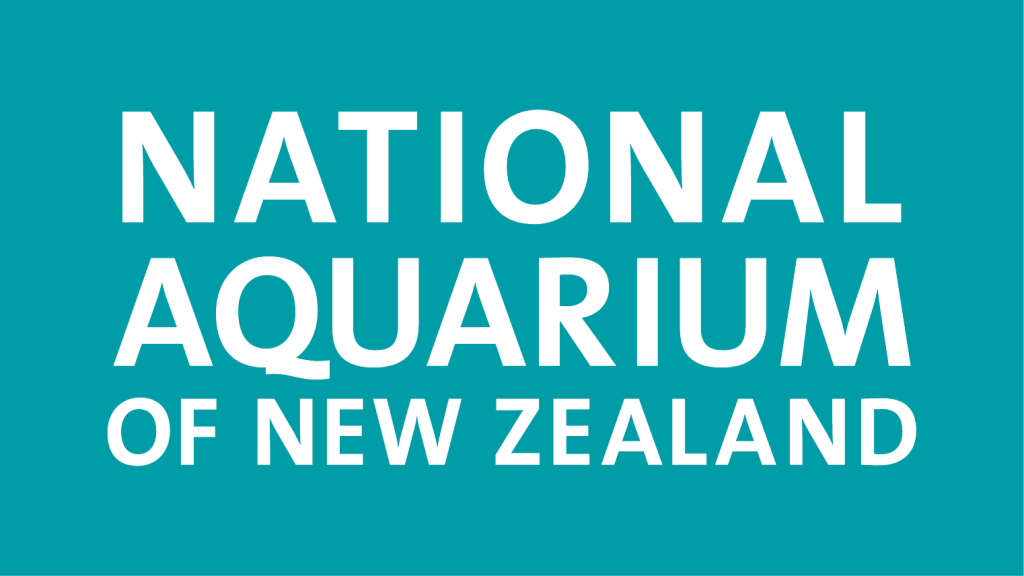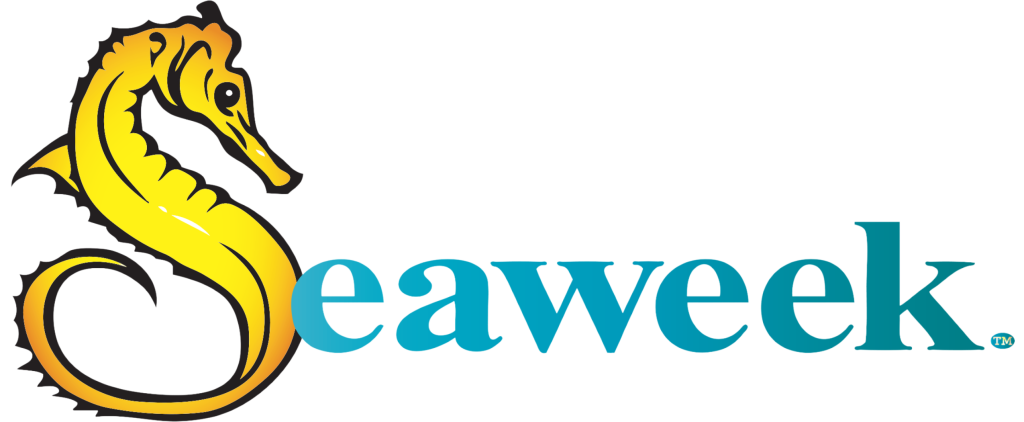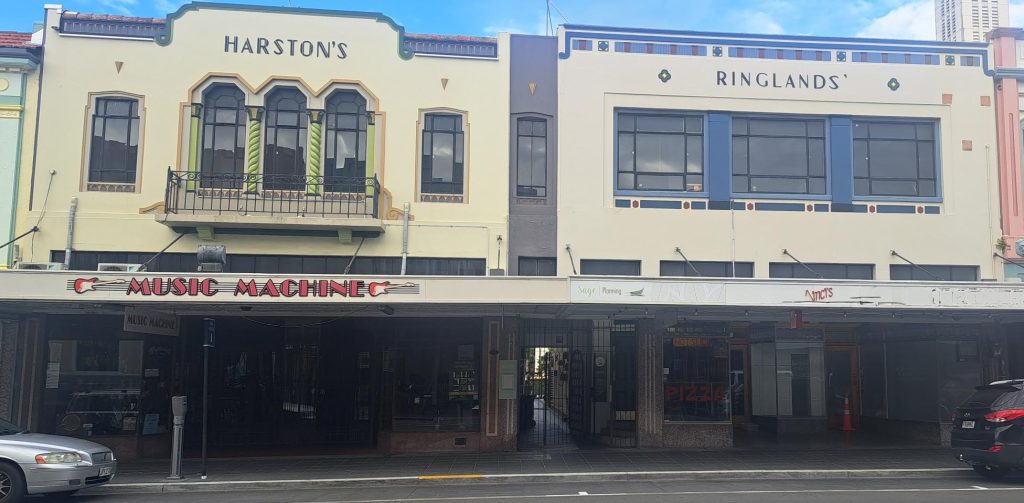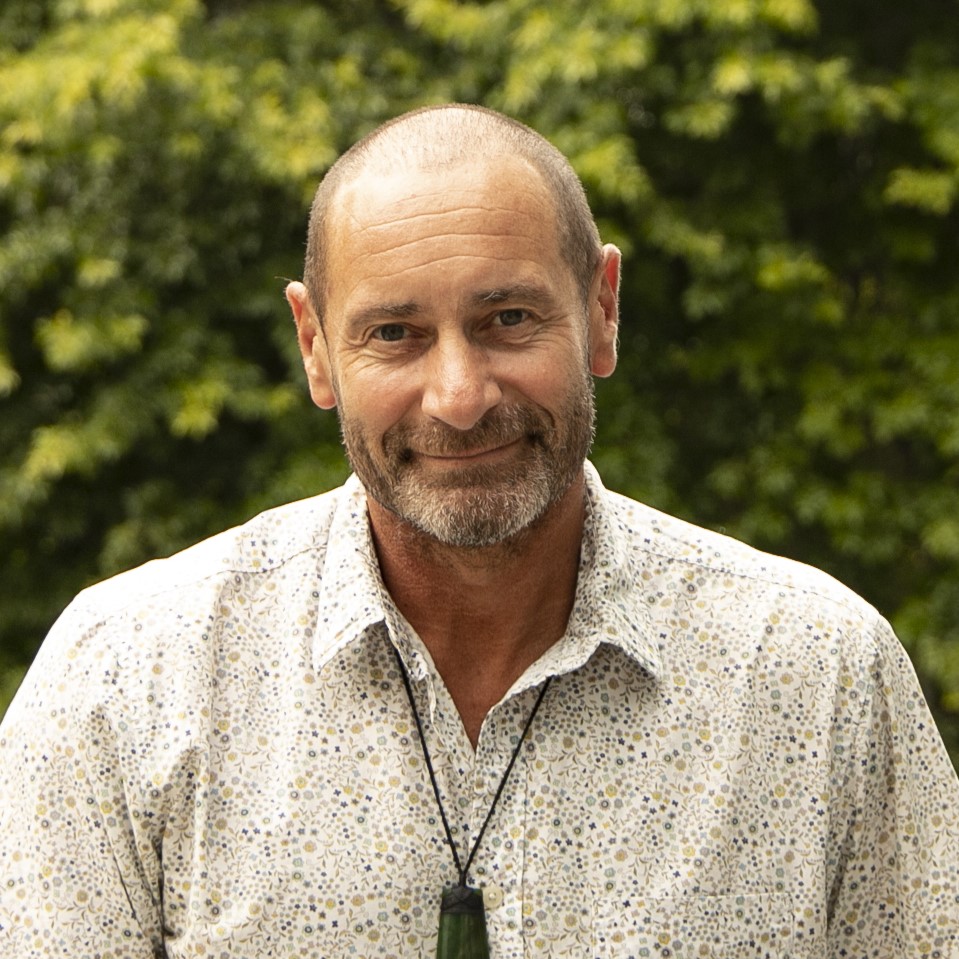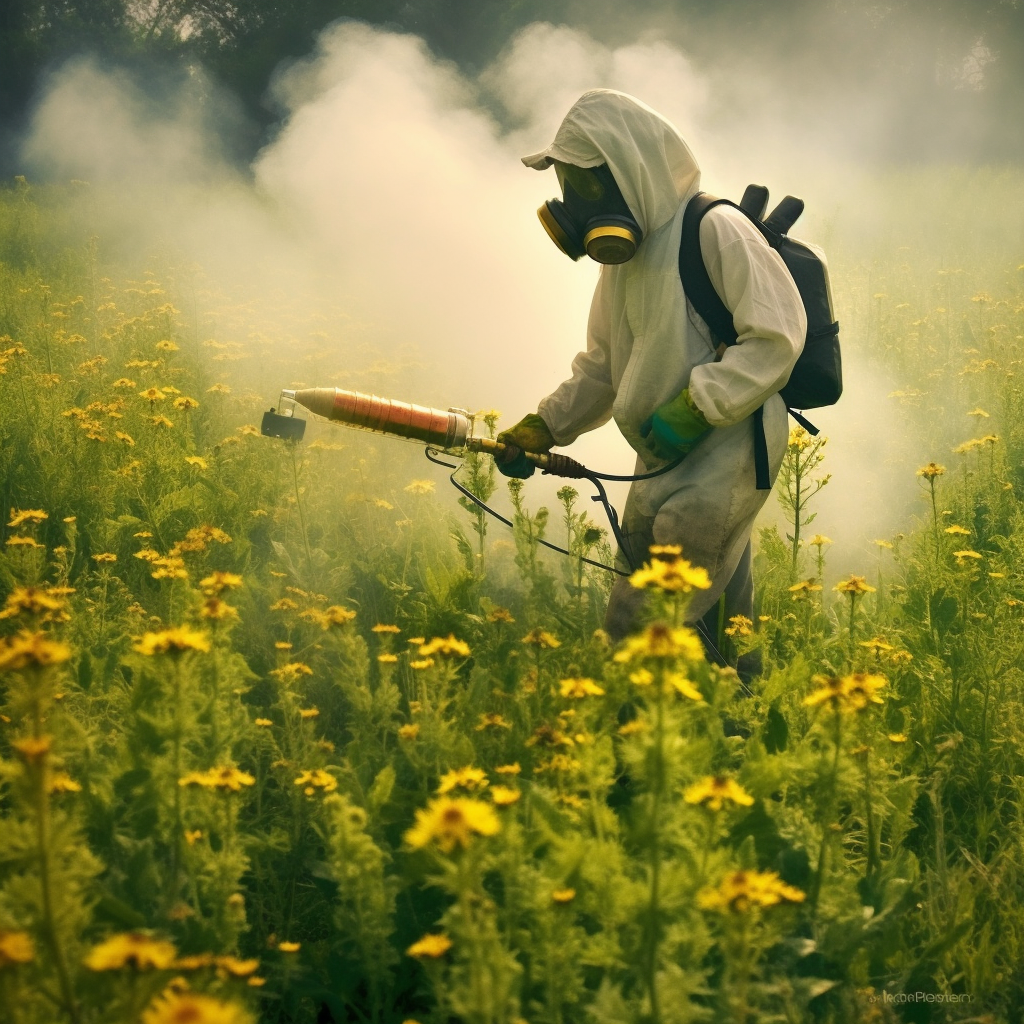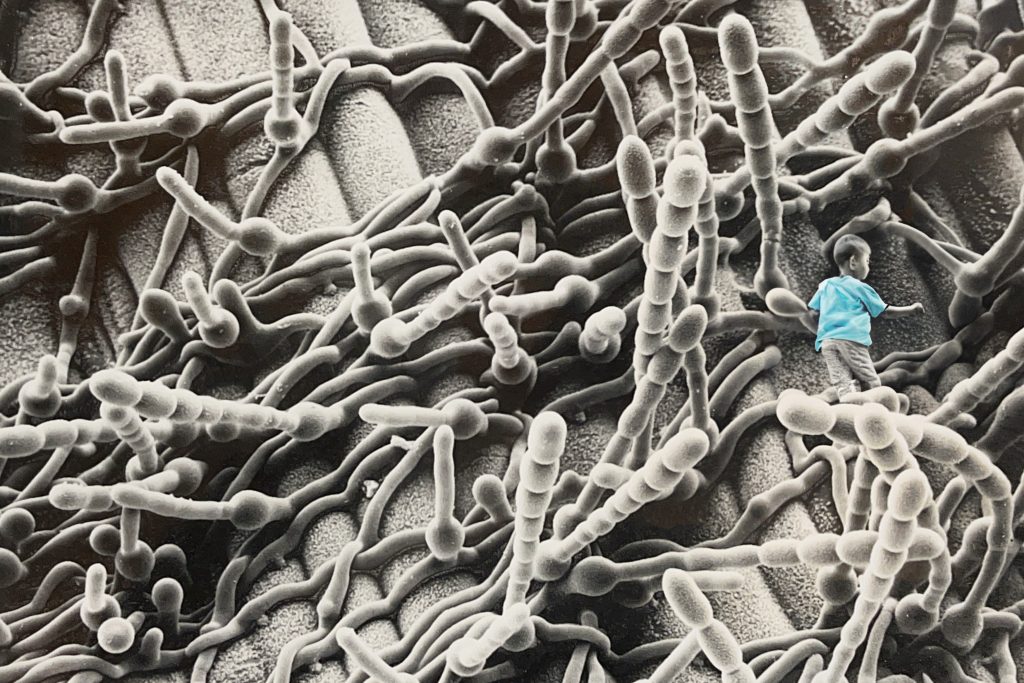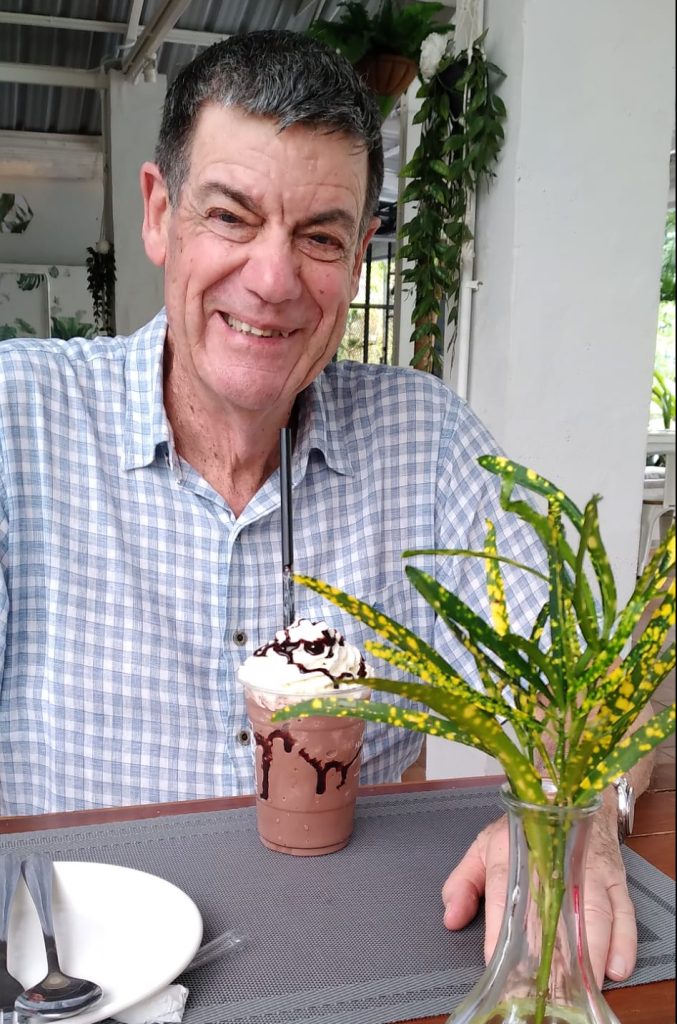Speaker: Rebecca Campbell, Plant Pathology Scientist, Plant & Food Research
Date: Thursday, 9 May 2024, 6pm
Venue: Pacific Surf Club (26 Marine Parade, Bluff Hill, Napier )
Admission: Gold coin donation
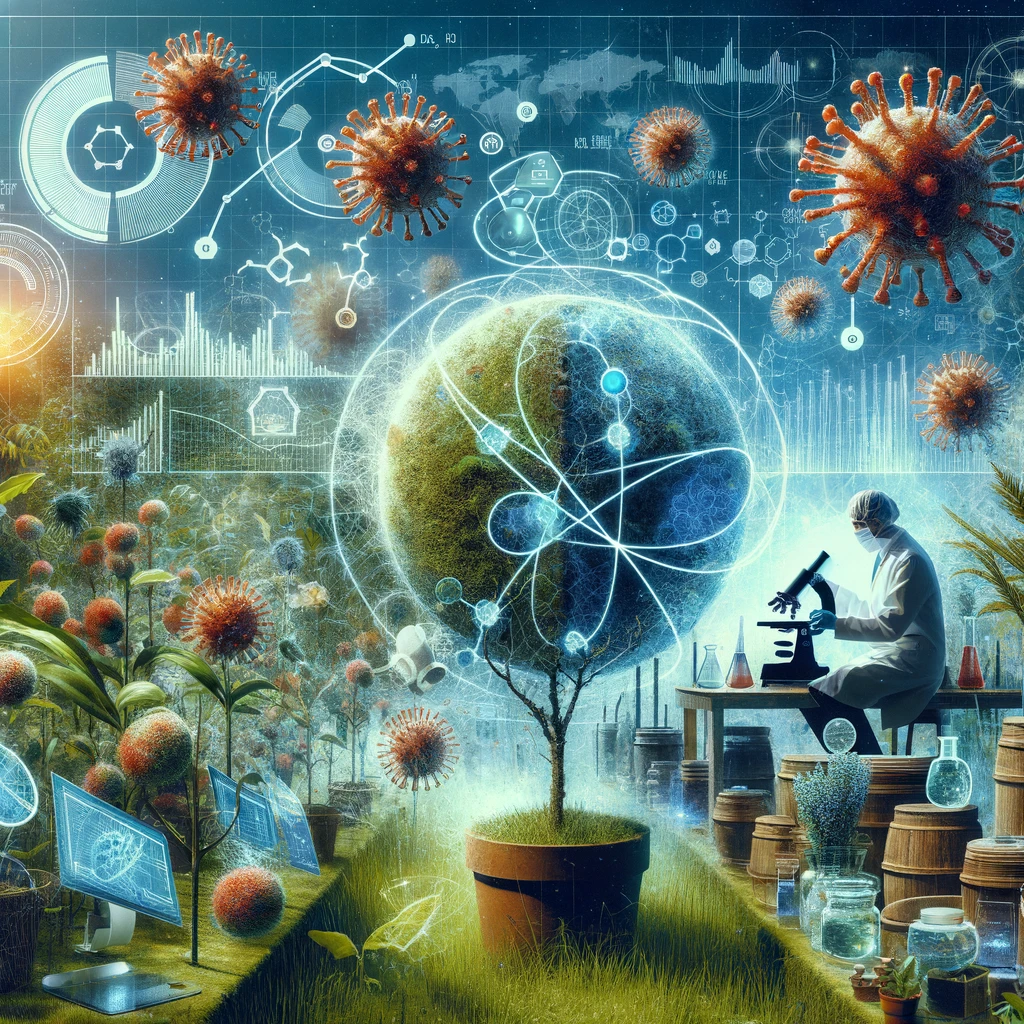
Ever wonder how we fight the invisible enemies that threaten our crops and gardens? Enter into the Rebecca’s world of combating plant diseases with her case studies on two notorious culprits: the apple tree’s foe, European canker, and the native plant killer, myrtle rust. She will focus on the development and use of epidemic models to predict outbreaks and their spread to inform decisions on the nature, extent and timing of interventions.
Learn about the challenges of managing diseases in our changing environment and the innovative strategies used to outsmart them. Whether you’re a gardening enthusiast, a nature lover, or just curious about the science behind plant disease, there will be something in this talk for you.
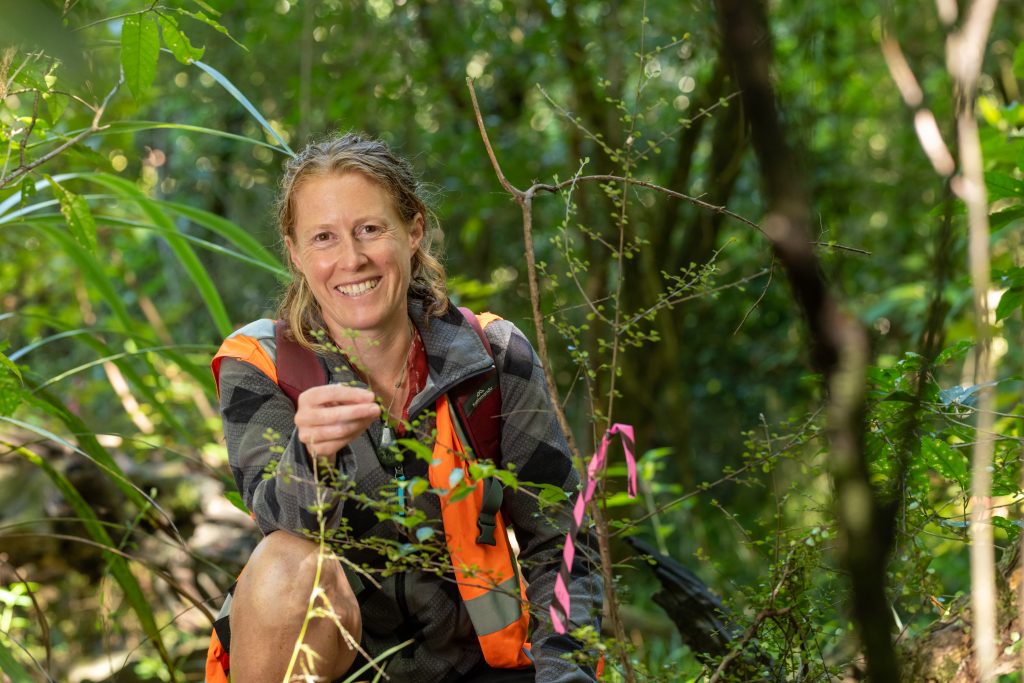
Dr. Rebecca Campbell is a distinguished Plant Pathology Scientist at Plant and Food Research, Motueka, known for her pioneering work in protecting our ecosystems against plant diseases. Awarded the MBIE Science Whitinga Fellowship for her groundbreaking research in epidemiological models, she focuses on the challenges posed by diseases such as European canker, myrtle rust, and Xylella fastidiosa in New Zealand. With a rich background in ecology, entomology, and geospatial analytics, and a PhD from the University of Canterbury investigating stream ecosystem dynamics, Dr. Campbell’s career is dedicated to the intersection of science and nature, aiming to safeguard plant health and biodiversity.
